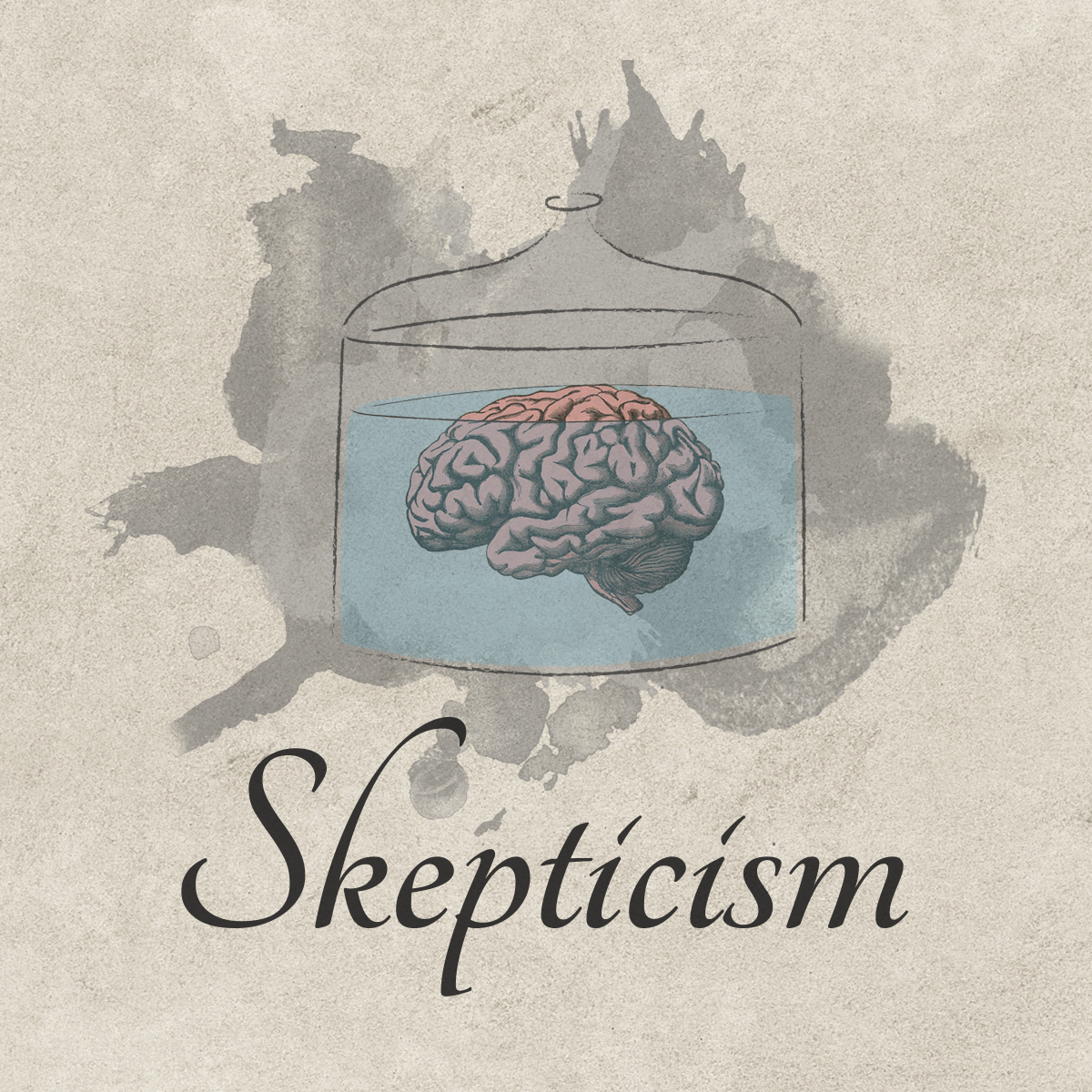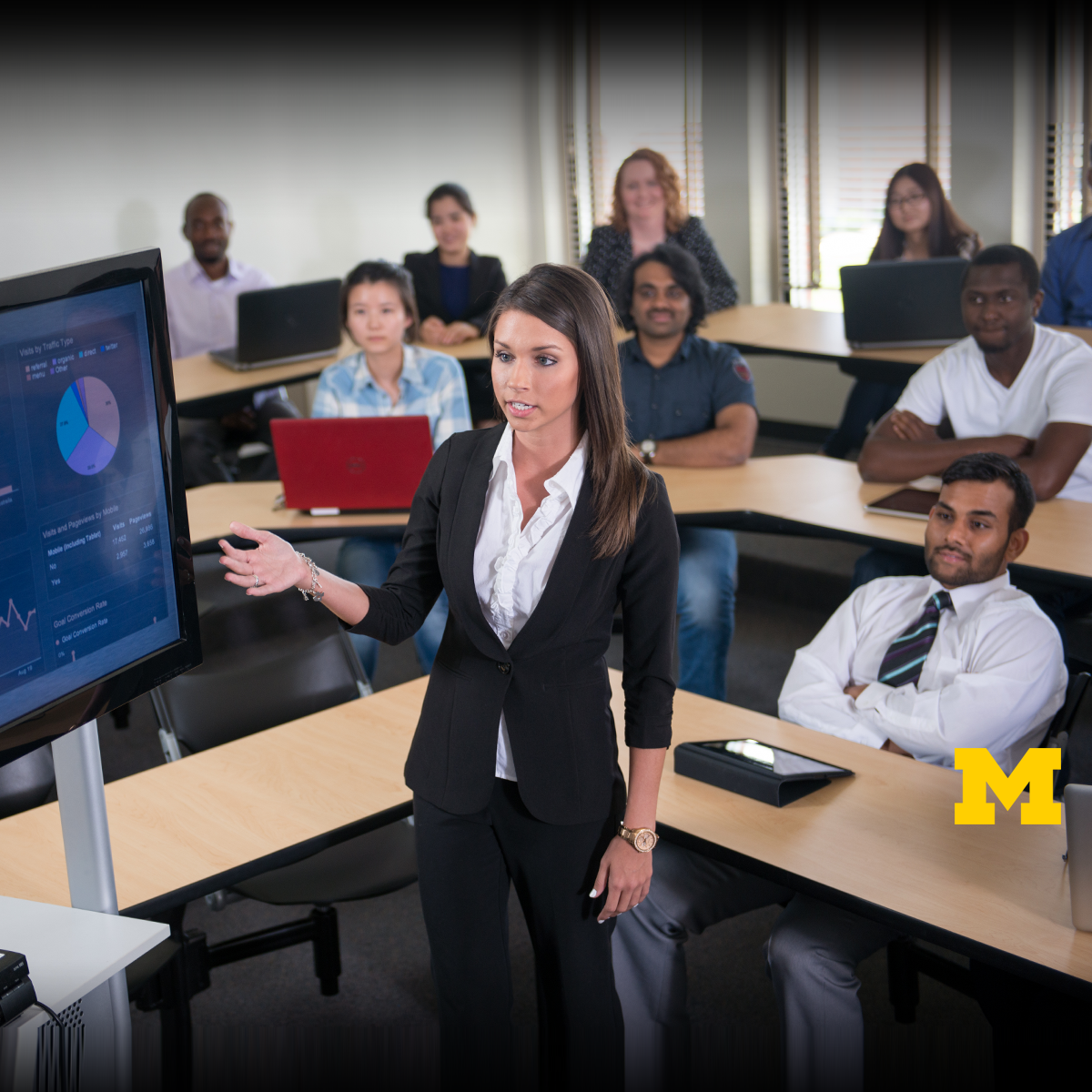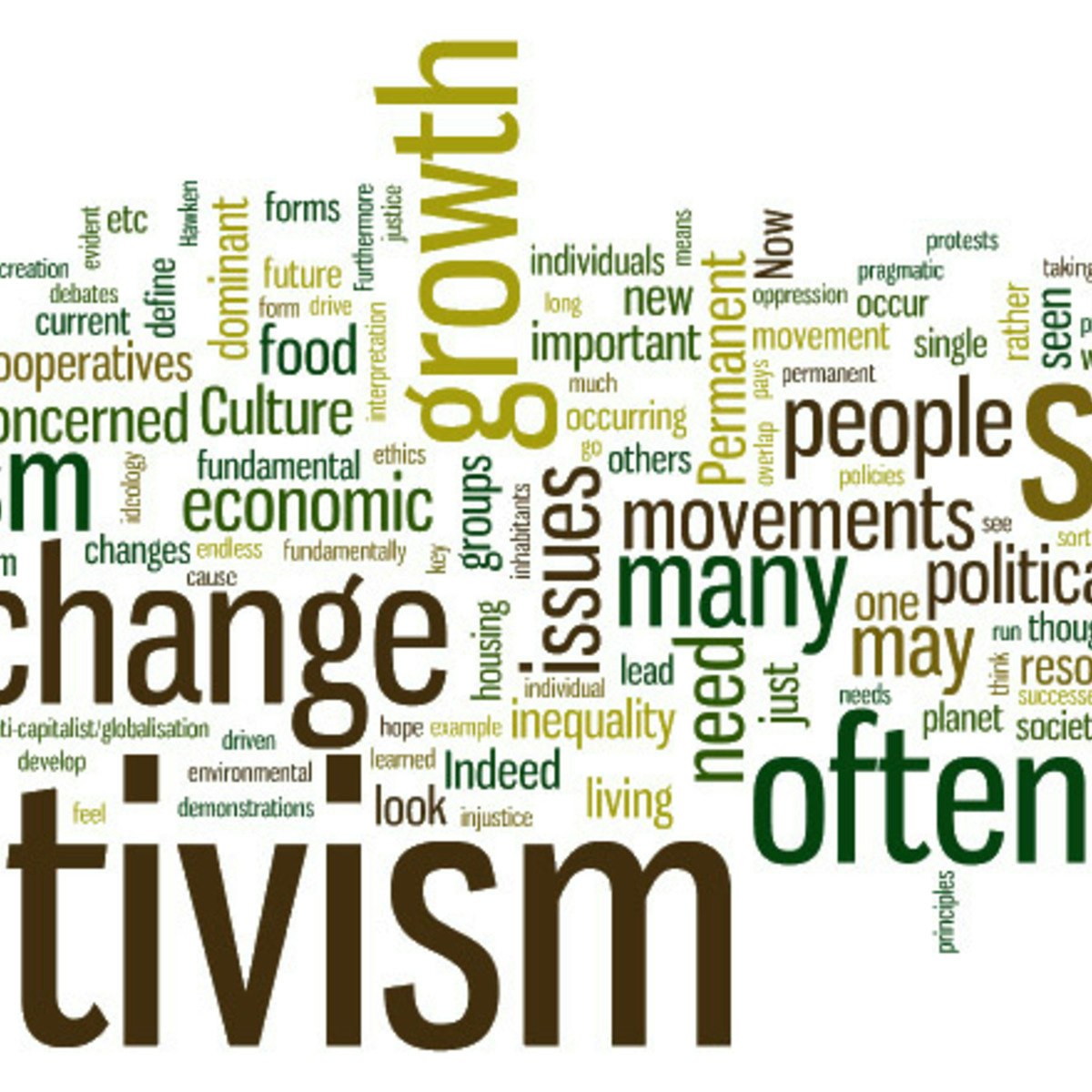Back to Courses









Personal Development Courses - Page 18
Showing results 171-180 of 514

Speaking to Inspire: Ceremonial and Motivational Speeches
The most memorable speeches inspire, entertain, and praise. By blending stories and eloquence, great speeches highlight the core values motivating an audience. You might need to do this in a keynote address, a eulogy, or simply a business meeting. Inspiring audiences is a common, but difficult writing challenge. You want a speech that elevates the topic and the audience.
This course gives you a method for preparing and delivering speeches that inspire and entertain. By the end of this course, you should be able to compose and deliver moving speeches that praise core audience values through evidence, storytelling, and humor. You should be able to write eloquent passages in tones appropriate to the audience and occasion and speak fluidly from either a well-prepared manuscript or from memory. Learners will record speeches, providing and receiving peer feedback.

Science of Exercise
Learners who complete Science of Exercise will have an improved physiological understanding of how your body responds to exercise, and will be able to identify behaviors, choices, and environments that impact your health and training. You will explore a number of significant adjustments required by your body in order to properly respond to the physical stress of exercise, including changes in carbohydrate, fat and protein metabolism, nutritional considerations, causes of muscle soreness & fatigue, and the effectiveness and dangers of performance enhancing drugs. Active learning assessments will challenge you to apply this new knowledge via nutrition logs, heart rate monitoring, calculations of your total daily caloric expenditure and body mass index (BMI). Finally, learners will examine the scientific evidence for the health benefits of exercise including the prevention and treatment of heart disease, diabetes, cancer, obesity (weight loss), depression, and dementia.

Entrepreneurship Strategy: From Ideation to Exit
This course covers in the chronological order each defining step of an entrepreneurial project. It begins with very personal considerations related to getting to better know yourself better so as to decide if you are ready for the multiple challenges of entrepreneurship. It then deals with creativity in order to provide the right set of tools to find an idea with the right potential to disrupt an existing business. We then discuss how to gather a founding team, how to raise money to initiate the project, and how to deal with day to day cash management. Later in the course, we discuss the art of selling, focusing on business to business sales, and how to measure the product launch phase using cohort analysis. Later on, we discuss the challenges of HR in an entrepreneurial environment, and of recruiting at a point where nobody knows your company. We then describe very practical techniques to initiate the international development of a small company. Last, we cover the exit strategy topic.

Blended Learning: Personalizing Education for Students
Plenty of buzz exists about blended learning and its transformational potential. But what does blended learning really mean? In this course we will explore the different models of blended learning and dive into key issues that impact students, teachers, and schools. Specifically, we will look at these issues through the lens of three high-performing schools that each use a different type of blended learning. A few of the key topics will include:
- The role of the student and how to support students in the transition from traditional to blended learning
- Implications for teachers in their day-to-day work and overall role
- Impact on the way schools are designed including staffing models, use of time, hardware/software selection, and the use of data
- Implementation challenges, potential solutions, and the remaining open questions
We will live by the attributes of blended learning in this course, encouraging students to take quizzes at the beginning of the module to assess their understanding and skip material they already know. Overall, we will take a hand-on approach and the course will culminate in participants prototyping their own blended learning model.
If you are interested in learning more about how to best leverage technology in education and rethink the way we run schools, join this MOOC and encourage your colleagues to do the same. Become a part of this growing movement and learn first-hand how blended learning can help provide students a more personalized learning experience.

Learning How To Learn for Youth
Based on one of the most popular open online courses in the world, this course gives you easy access to the learning techniques used by experts in art, music, literature, math, science, sports, and many other disciplines. No matter what your current skill level, using these approaches can help you master new topics, change your thinking and improve your life.
This course explains:
* Why sometimes letting your mind wander is an important part of the learning process
* How to avoid "rut think" in order to think outside the box
* The value of metaphors in developing understanding
* A simple, yet powerful, way to stop procrastinating
If you’re already an expert, these strategies will turbocharge your learning, including test-taking tips and insights that will help you make the best use of your time on homework and problem sets.
We all have the tools to learn what might not seem to come naturally to us at first—the secret is to understand how the brain works so we can unlock its power.
Filled with animations, application questions, and exercises, this course makes learning easy and fun!

Understanding and Managing the Stresses of Police Work
Policing has always been psychological challenging. On any given shift police officers may encounter a range of psychological challenges including domestic violence, interacting with people experiencing mental health issues, violent crime, even attending the aftermath of horrible accidents. The long exhausting shifts can also result in stressful person interactions within one’s personal life. The presence of COVID and political issues related to instances of over-policing have increased these stresses even more. This course has two goals. First, we want to inform officers how their stress system works and why they sometimes feel as they do. With this as a foundation we then describe some strategies officers can use to manage this system, giving themselves much needed breaks from the stress response and overall empowering them with a greater sense of control over how their bodies react to stress.

How to Get Skilled: Introduction to Individual Skills Management (Project-Centered Course)
Do you want to gain a competitive edge on the job market?
Would you like to improve the way that you organize, manage, and present your skills to succeed in a competency-based, competitive job selection?
Have you prepared to compete for jobs in the age of AI-powered recruiting?
This advanced, project-centered course* is designed for working professionals who want to direct their skill-building activities towards creating powerful, evidence-based, data-driven, and externally verified job applications. When you complete the course, you’ll be able to objectively measure your level of skills acquisition against your desired job’s requirements and the likely competition. You’ll learn how to use experiential methods and tools, such as simulations, benchmarking, competency dashboards, and skills assessment to operationalize and quantify your skills. You will know how to realistically estimate your likely score in the competitive job selection; you will also find out how much of each skill you need to develop to stand out and beat the competition. In addition to improving your job applications, the course will teach you how to increase the effectiveness of your ongoing professional development by monitoring the level of skills acquisition.
The course will provide you with tangible outcomes for immediate use. We’ll show you how to use a simple, powerful computer program to organize and manage your skills inventory. Your completed project will focus on your desired job and will include three components: 1) a Skillset Summary Checklist; 2) a Selection Criteria Statement; and 3) a Professional Development Plan. Upon completion of the course, you will be able to use the results of the project to strengthen your next job application (or promotion request). You’ll be able to use the same technique to direct your skill-building activities and continuously monitor their effectiveness.
What is required:
In the course, we’ll provide videos, readings, and learning activities. There is an optional course companion book available for purchase on Amazon.com. In the course, you'll be asked to download and use the course software, “J.A.F.A.R, Skills Manager Pro (R).” The software is a copyrighted Excel spreadsheet template; for course participants, it is provided free of charge (for personal, non-commercial use only). To use the software, you will need to have a basic level of proficiency and a licensed copy of MS Excel.
*About Project-Centered Courses: Project-centered courses are designed to help you complete a personally meaningful real-world project, with your instructor and a community of like-minded supportive learners with similar goals providing guidance and suggestions along the way. By actively applying new concepts as you learn, you’ll master the course content more efficiently; you’ll also get a head start on using the skills you gain to make positive changes in your life and career. When you complete the course, you’ll have a finished project that you’ll be proud to use and share.

Skepticism
Skepticism is about doubt, and doubt is everywhere in the world around us today. There are doubts about whether man-made climate change is real, whether vaccinations are harmful, whether we can trust our politicians or our media, and so on. When is such skepticism warranted, and when does it stray into unreasonable territory? How widespread can such skepticism get while still being coherent? How might a radical skepticism have pernicious social consequences, such as by leading to relativism (and just what is relativism, and what is problematic about it)?
These are all questions that we will be engaging with in this course Along the way we will consider some important philosophical issues, such as what the nature of knowledge is, whether there are any good arguments that show that knowledge is impossible, and how a moderate skepticism might accord with an ancient conception of the good life of human flourishing, one that essentially involves the intellectual virtues.
This course is aimed at anyone who is interested in learning more about philosophy, along with those who are looking for strategies to combat extremism in their communities. Using these approaches, no matter what your skill levels in topics you would like to master, you can change your thinking and change your life.
In this course, learners will:
Explore the concept of Skepticism
Discuss the role of Skepticism in contemporary society
Identify common responses to Skepticism
Compare/Contrast various forms of Skepticism
Apply knowledge of Skepticism to form a personal stance
Recognize why knowledge is more than just true belief

Influencing People
This course will improve your ability to influence people in situations where you cannot use formal authority. You will learn about effective ways to build, develop, and sustain a power base in your organization. You will also learn influence tactics that enable you to be more persuasive and influential in working with your superiors, peers, and even subordinates. In addition, you will learn how to build and maintain high-quality relationships to further maximize your informal power and ability to influence others. Importantly, you will distinguish between influence and manipulation and learn how to protect yourself from the unwanted influence of others.
The influence strategies you learn in this course will make you a more confident and influential leader, presenter, and decision-maker. You will more effective in pitching business ideas to your superiors, influencing customers, and building coalitions across stakeholders. This course will not only give you strategic guidance on how to develop and maintain your network for influence and power, but we will also equip you with specific tactics and strategies that are proven to work for gaining power and influencing people.

How to Change the World
How can we use the things we share in common to address some of the most challenging problems facing the world? This course examines issues concerning poverty, the environment, technology, health care, gender, education and activism to help us understand better how to initiate positive change.
Popular Internships and Jobs by Categories
Find Jobs & Internships
Browse
© 2024 BoostGrad | All rights reserved